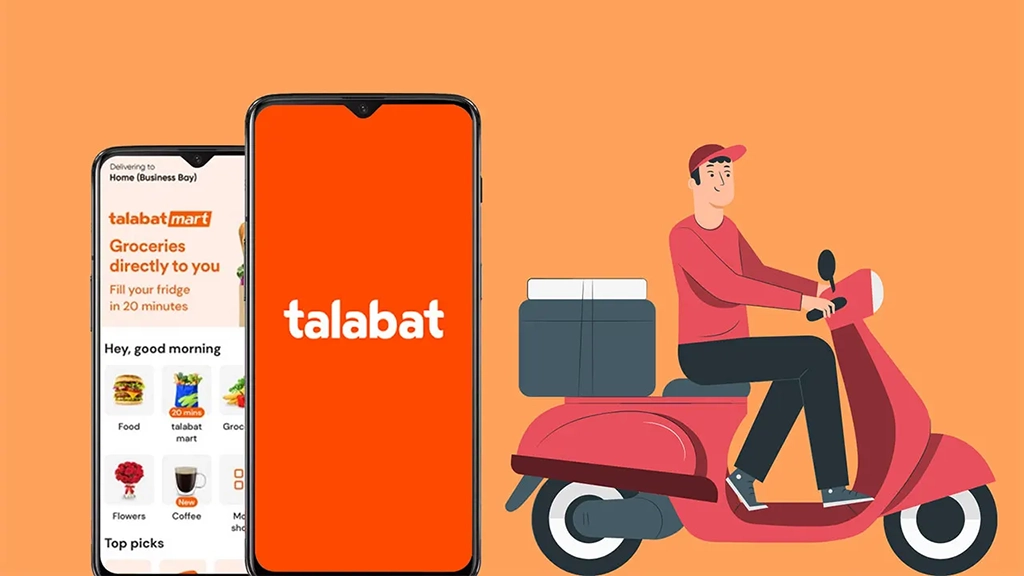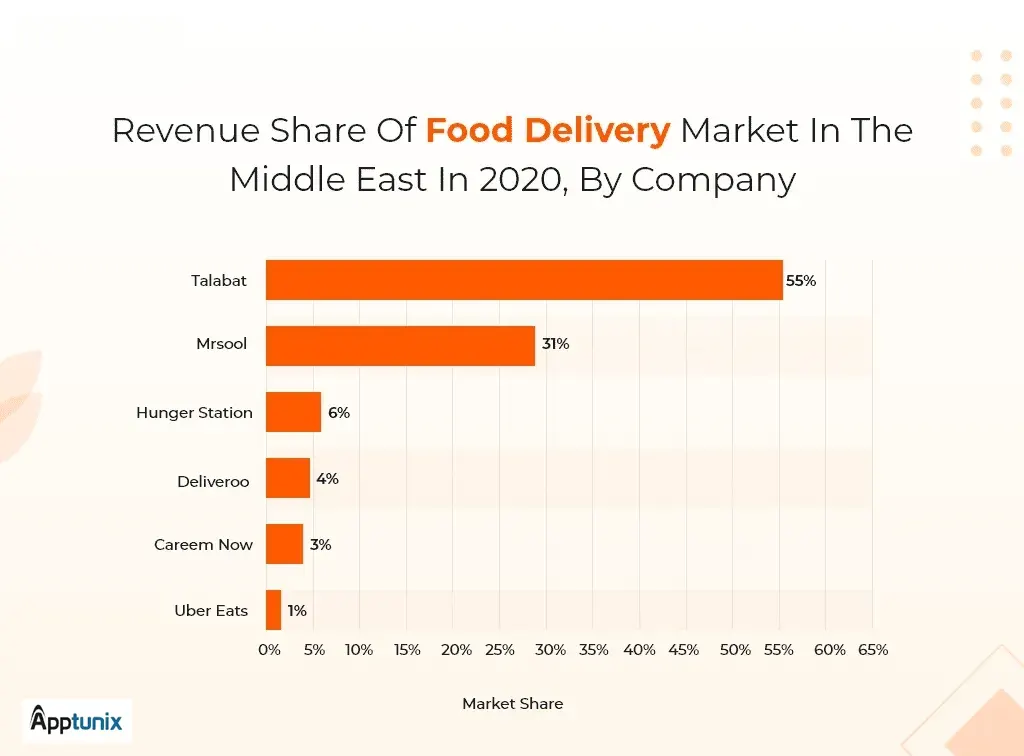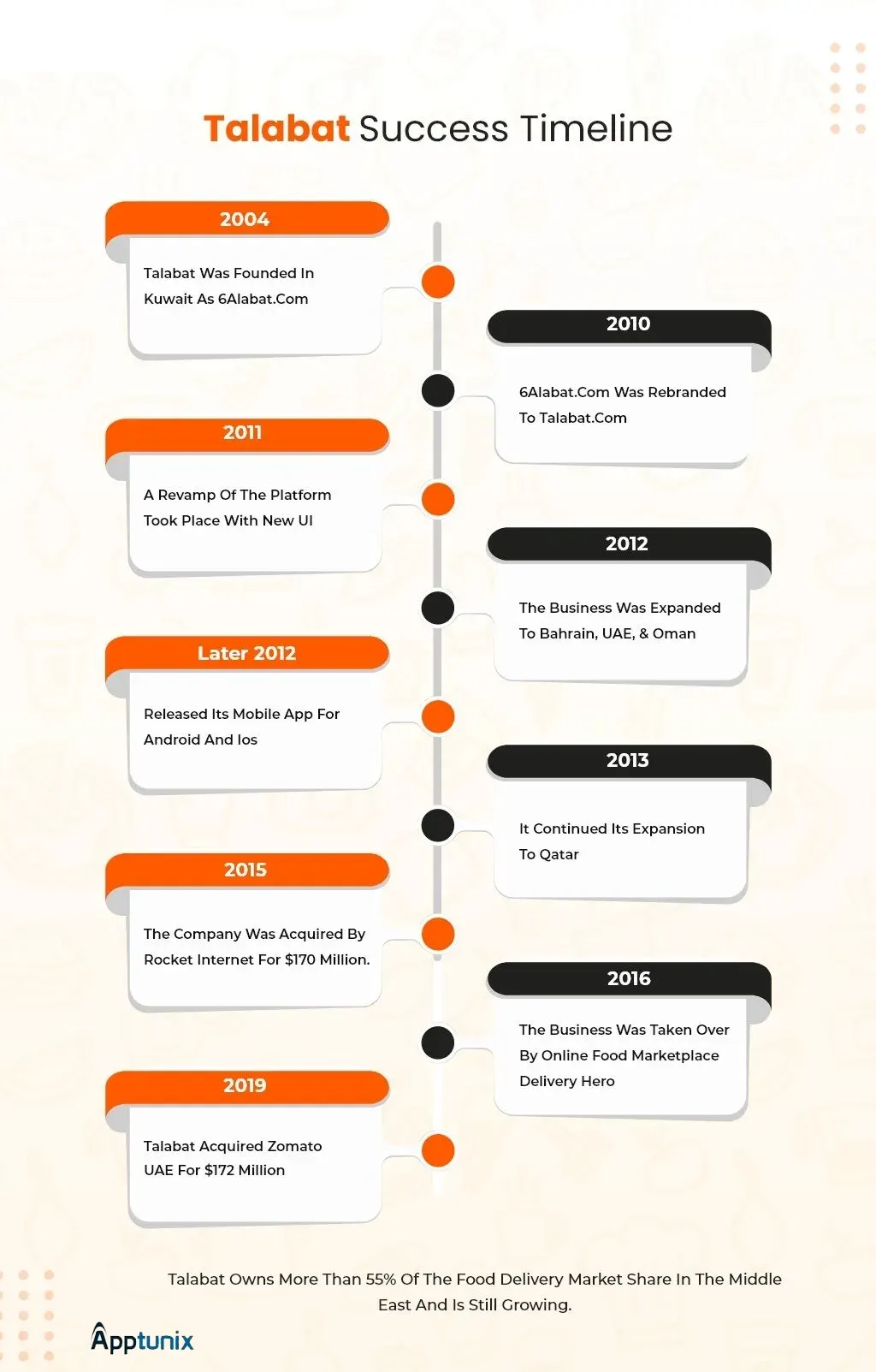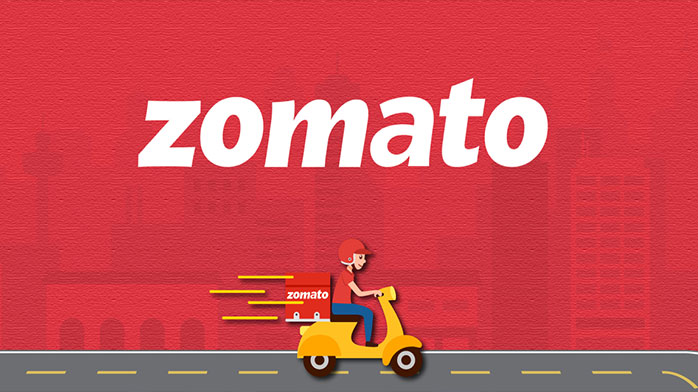
How Talabat emerged as the leading food delivery service in the Kuwait
Talabat General Trading and Contracting Company was founded by Abdulaziz Al Loughani in Kuwait. The name "Talabat" derives from the Arabic language and it means "orders" or "requests". In 2004, Talabat was created by a group of entrepreneurs, with a vision to make food delivery an easy experience for all.
Talabat is a leading online food ordering and delivery platform that originated in Kuwait in 2004. Founded by Abdulaziz Al Loughani, Talabat initially focused on connecting customers with local restaurants through its website. The name "Talabat" derives from the Arabic language and it means "orders" or "requests". Over the years, it expanded its services to include mobile apps for iOS and Android devices, making ordering food even more convenient for users.
As Talabat’s popularity grew locally, it won the "Best E-Business Award" repeatedly in 2008 and 2009 with special recognition from the Emir of Kuwait, Sheikh Sabah Al-Ahmad Al-Jaber Al-Sabah.
Talabat quickly gained popularity in the Middle East, becoming one of the largest food delivery platforms in the region. In 2015, it was acquired by the global e-commerce company Delivery Hero, which further fueled its expansion and technological advancements.
The platform offers a wide range of cuisines and restaurants to choose from, catering to diverse tastes and preferences of its users. With a user-friendly interface, reliable delivery service, and a vast network of partner restaurants, Talabat has secured a significant market share in the Middle Eastern food delivery industry.
Talabat continues to dominate the market in countries such as Kuwait, Bahrain, Oman, Qatar, and the United Arab Emirates, serving millions of satisfied customers and maintaining its position as a top player in the online food delivery sector.
Talabat Overview
Founded in : 2004
Head Quarter : Kuwait, Al-Kuwayt, Kuwait
Operating in : Kuwait, Saudi Arabia, Bahrain, United Arab Emirates, Oman, Qatar, Jordan, Egypt, Iraq.
People: Tomaso Rodriguez (CEO), Abdulaziz Al Loughani (Founder),
Business Type: e-Commerce, Private
Industry: Online Food Ordering & Delivery
Revenue: $1.8 Billion (FY 22-23)
Unique Value Propositions Offered by Talabat
For Users
-
Users benefit from a diverse array of dining options, round-the-clock customer support, real-time order tracking, contactless delivery choices, and cost-effective pricing.
For Restaurants
-
Restaurants gain access to a large pool of customers, a robust delivery infrastructure, chances for branding, and data-driven insights to elevate customer satisfaction and boost sales.
For Drivers
-
Drivers enjoy a dependable income stream, flexible schedules, and the possibility of earning tips from patrons.
Talabat Market Share
Currently, Talabat dominates the market thanks to its exceptional strategies and business model. Just a few years ago, the Middle East boasted three main food delivery apps: Talabat, Zomato UAE, and Uber Eats.

In March 2019, Talabat's acquisition of Zomato in the UAE propelled its market dominance, significantly expanding its market share in the region.

Subsequently, Uber ceased its operations in the UAE, Saudi Arabia, and Egypt due to its inability to compete with industry giants, leading to further consolidation of Talabat's leadership position. As a result, Talabat stands as the undisputed leader in the Middle East's food delivery market today.
Ready to take your restaurant online? Launch your own online food ordering store now!"
Talabat Business Model
Had Talabat adhered to a conventional business model, it likely would have faded into obscurity long ago. Despite the launch of countless food delivery startups annually, only a select few manage to thrive sustainably.
Uber Eats serves as a pertinent example; its inability to weather the competition led to the cessation of its services in the UAE and Egypt. Conversely, Talabat continues to reign as the market leader. It has endeared itself to Middle Eastern consumers by offering unparalleled convenience and service quality.

Expanding beyond restaurant deliveries, Talabat now facilitates purchases from gift shops, grocery stores, and flower shops, further solidifying its position as a comprehensive delivery solution in the region.
1. Talabat operates on an on-demand hyperlocal delivery model, primarily focusing on the food delivery market. Utilizing robust technology, the platform bridges the gap between food enthusiasts and restaurants, ensuring seamless and efficient delivery services.
2. Central to Talabat's success is its dual partnership approach, benefiting both customers and restaurants. By offering a compelling value proposition to all stakeholders, Talabat has achieved remarkable success in the market.
3. A key element driving Talabat's popularity is its exclusivity. The platform incentivizes restaurants with discounts to exclusively partner with Talabat, streamlining operations and eliminating the need to maintain multiple delivery service partnerships.
4. Talabat operates through both its website and mobile app, providing users with convenient options to order food or groceries. Customers can explore nearby restaurants and menus, placing orders effortlessly through the app or website.
5. The operational flow of Talabat follows the standard on-demand hyperlocal service model. Restaurants partner with Talabat and list their offerings. Upon receiving an order, the restaurant begins food preparation and notifies a delivery agent for prompt delivery to the specified location.
6. Throughout the order process, customers receive real-time notifications and can track their orders within the app, ensuring transparency and a seamless experience.
7. Talabat excels in providing exceptional customer experience through various features such as easy app onboarding, a streamlined check-out process, diverse payment options, GPS tracking, order history tracking, in-app chat support, robust search functionality, and more, enhancing user satisfaction and loyalty.
Build A Food Delivery Apps Like Talabat
Talabat Revenue Model
1. Commissions:
Talabat charges restaurants 15-25% commission based on factors like location and order frequency. Exclusive partners enjoy a 5-10% reduction.
2. Delivery Charges:
Customers pay delivery fees, variable based on factors like location and weather. Talabat waives charges for orders above a set threshold, encouraging higher spending.
3. Advertising:
Talabat offers priority listings and banner ads to businesses for increased app exposure, generating advertising revenue.
Valuable Business Lessons to Learn from Talabat
Here's what we can learn from Talabat's success story:
1. Think Big and Solve Problems:
Dedication, effort, and focus are essential for success. Despite initial skepticism, Talabat's founder believed in the concept and drove disruption in the food delivery industry. Embrace innovative ideas and be prepared to invest time and effort to bring them to fruition.
2. Have an Eye on Global Players:
Don't be deterred if a concept is new to your location. Talabat capitalized on the success of global players and introduced the online food delivery model to the Middle East. Keeping an eye on trends and innovations in other markets can inspire new opportunities for growth and expansion.
3. Always Strive to Scale:
Don't limit your ambitions to one region. Talabat started as a Kuwait-based startup but expanded its operations across the entire Middle East. To succeed in the digital age, it's essential to embrace scalability and think beyond geographical boundaries.
Launch Your Online Food ordering Store Now!!!
Conclusion
In conclusion, Talabat's remarkable ascent to market dominance stands as a testament to its innovative approach and unwavering commitment to meeting the evolving needs of Middle Eastern consumers. By defying conventional business models and continually refining its services, Talabat has emerged as the preferred choice for millions of customers seeking convenient and reliable delivery solutions. Its strategic acquisition of Zomato and diversification into non-food delivery categories further underscore its adaptability and foresight.
As Talabat continues to set new standards of excellence in the industry, its success serves as an inspiration for aspiring entrepreneurs and a reminder of the transformative power of innovation and customer-centricity in shaping the future of business.
By adopting and harnessing the limitless capabilities of VentaGenie, your business can soon become a world-renowned brand, with a success story of its own! Join the VentaGenie family today and unlock the true potential of your business with an industry-defining ordering & delivery platform.
Frequently Asked Questions about Talabat
Talabat is a leading online food ordering and delivery platform that connects users with a wide range of restaurants, offering convenient access to food delivery services.
Users can browse through various restaurants listed on the Talabat platform, select their desired items, place orders, and choose delivery or pickup options. Talabat then processes the orders and coordinates delivery through its network of drivers or partners.
Talabat operates primarily in the Middle East, including countries such as Kuwait, Bahrain, Oman, Qatar, and the United Arab Emirates (UAE). However, it may have expanded to other regions as well.
Talabat offers a diverse range of cuisines and restaurants, catering to various tastes and preferences. Users can find everything from local favorites to international chains on the platform.
To place an order on Talabat, simply download the Talabat app or visit the website, create an account, browse restaurants and menus, select items, add them to your cart, and proceed to checkout.
Yes, Talabat may charge a delivery fee for orders, which can vary depending on factors such as distance, order size, and location.
Yes, Talabat provides order tracking features that allow users to monitor the status of their orders in real-time, from preparation to delivery.
Talabat offers multiple payment options, including credit/debit cards, cash on delivery, and digital wallets, depending on the user's preferences and availability in their region.
Yes, Talabat allows users to schedule orders for future delivery or pickup, providing flexibility and convenience for planning meals ahead of time.
Talabat partners with restaurants that adhere to strict hygiene and quality standards. Additionally, customer reviews and ratings help maintain transparency and accountability within the platform's ecosystem.



